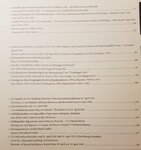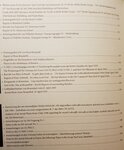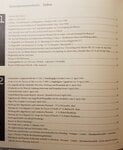A Lot of Book in Just a Few Pages
Mr. Dildy hits one out the park. After looking at some of the titles he had published, I was afraid this was going to be another generalist's overview of the air war over Korea. I could not have been more wrong.
Overall this is an extraordinary book with a lot of history packed into relatively few pages. After subtracting the 11 pages of bibliography and footnotes, the 14 pages of color aircraft plates and the two color maps you end up with just over 50 pages of well written text that is supported by an incredible level of footnoting from an extensive bibliography that includes a few US technical reports, the usual mix of English language books and a very large number translated Russian books.
Although it's a bit bantam sized in terms of text the author covers the entire spectrum of the air war over Korea exceptionally well. You will find chapters covering fighter vs fighter, the night bombing, the North Korean Hecklers, etc. There is also fair amount of coverage given to the use of radar and GCI by both sides. Given the size of the book there are a few minor areas that catch short shrift such as the ROK Air Force. However, the writing covering the North Korean/Chinese/Russian politics and squadrons more than makes up for it.
Overall? Superlative book that only produced one little nit for me, on page 51 the author cites VMA-312 as averaging between 60-75 sorties per day while shipboard on a straight deck carrier with only 24 aircraft. Given the need to re-spot the aircraft before rearming and refueling, the need to perform maintenance, the need to leave station for underway replenishment while at sea, I find that number to be exceptionally high as a "daily sortie" rate. If it was a surge for a few days, that could make sense. Not as a sustained sortie rate.
The one nit aside, this is an extraordinary book for aviation history buff and modelers alike




